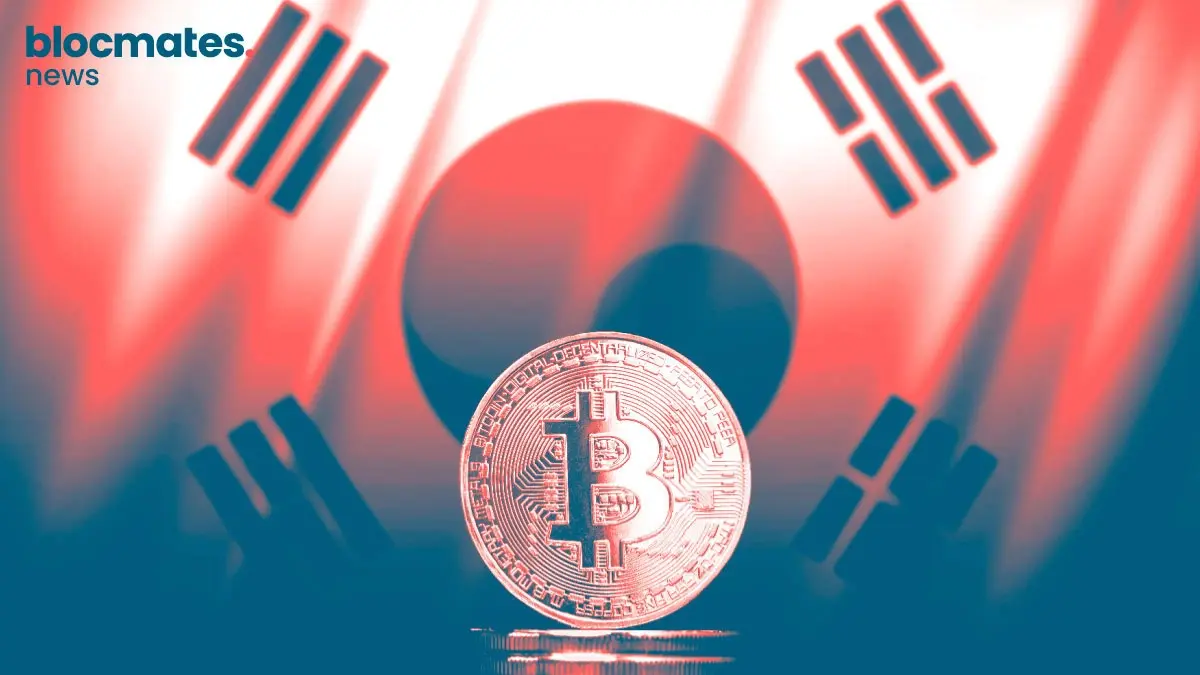Life is just better decentralized. No single entity controls the playbook and changes the rules as they see fit, taking all the profits for themselves and giving very little back to the end user in return. This was the world of finance before crypto came along. Finally, the tides are turning.

DeFi, short for Decentralized Finance, is a revolutionary concept in the financial world, brought about by the advancements in blockchain technology. At its core, DeFi aims to recreate and improve upon the traditional financial system, but in a way that is open, transparent, and not controlled by any single institution, like a bank or government.
Imagine a financial system where you don’t need to go through a bank to get a loan, or through a traditional stock exchange to trade assets. DeFi makes this possible. It allows for financial activities, such as borrowing, lending, investing, and trading, to occur over a blockchain network. This is significant because it removes the need for intermediaries, such as banks, and makes these activities accessible to anyone with an internet connection.
One of the key features of DeFi is that it's built on blockchain technology, the same technology behind cryptocurrencies like Bitcoin and Ethereum. This ensures transparency and security, as all transactions are recorded on a public ledger and are immutable, meaning they cannot be altered once made.
DeFi also introduces new ways of handling and owning assets. In traditional finance, your money and assets are usually held and managed by a financial institution that plays the role of a custodian on your behalf. This means they effectively have control of your assets and can decide when and how to allow access to them. In DeFi, you have complete control over your assets through digital wallets and smart contracts, which are self-executing logic with the terms of the agreement directly written into code. In the cryptosphere this is known as “Self-Custody” and is, in my humble opinion, the most important, game-changing aspect of all. We must fight for our right to self-custody our assets at all costs!

This innovative approach to finance has its challenges, such as security risks and a steep learning curve for new users, but its potential benefits, like increased accessibility and efficiency, are immense. DeFi has the potential to democratize finance, making it more inclusive and equitable.
Terminology Breakdown
Before we get too deep into the weeds let’s break down a few of the key terminologies you may be unfamiliar with. These words and phrases are important to know so you can sound like a true crypto nerd when talking to your normie mates.
Decentralized
Something being decentralized refers to a system, organization, or process that does not rely on a singular centre-point for its authority or control. Rather than a central point of decision-making, something decentralized will distribute its functions and responsibilities among multiple groups or individuals.
Blockchain
The blockchain is a form of technology that acts as a digital ledger - a record-keeping system - within the digital world. In relation to cryptocurrency, it is like a digital notebook that is accessed by various people at once, and each page is classed as a ‘block’. Essentially, all blocks are added to each other and create a chain, the blockchain, upon which a plethora of information is stored. The data in the blockchain cannot be changed or deleted once it has been written, meaning it is always there to be accessed by all.
Cryptocurrency
Cryptocurrency is a form of digital currency that operates on a blockchain. It is decentralized and does not have a single point of authority, meaning it can be transferred, used for purchases, and so on, all without any one person deciding how and where. It is a great addition to the world of online transfers and is quite frankly the future of finance in our opinion. The increasing or decreasing value of cryptocurrencies also means they can be used as an investment vehicle. Crypto is a very volatile asset class and it is important to remember that, as with any investment, only put in what you can afford to lose.

Why Do Altcoins Matter In The DeFi World?
Altcoins (basically anything other than Bitcoin) play a pivotal role in the modern financial landscape by introducing innovation, diversification, and accessibility.
Unlike traditional financial systems, altcoins offer decentralized solutions, removing the need for intermediaries like banks. This decentralization not only reduces costs but also democratizes access to financial services, allowing people worldwide to engage in financial activities without traditional barriers.
The innovative technologies underlying altcoins, such as blockchain and smart contracts, provide use cases far beyond simple currency exchange. They are reshaping industries by enabling secure, transparent, and efficient transactions in an ever-growing variety of fields. Altcoins in the realm of decentralized finance are revolutionizing how we think about banking and investment, offering services like lending, borrowing, and yield farming without the need for a traditional financial institution.
Furthermore, altcoins contribute to the financial ecosystem's diversification. Investors and consumers now have a broader array of choices, ranging from stablecoins, which reduce volatility, to utility tokens, which provide access to specific services or networks, as well as protocol governance and voting rights.
This variety not only caters to different needs and risk appetites but also enhances the robustness of the cryptocurrency market.
However, the impact of altcoins extends beyond mere functionality. They represent a shift towards a more inclusive financial system where transparency, security, and user autonomy are prioritized. By reducing reliance on central authorities and traditional systems, altcoins are paving the way for a more equitable and accessible financial future. Welcome to the frontier of finance my friend!

What Are The Risks And Rewards Of DeFi?
Decentralized Finance is an innovative financial sector that brings with it a unique set of risks and rewards. The risks are multifaceted, ranging from security vulnerabilities to regulatory uncertainty. DeFi platforms rely heavily on blockchain technology and smart contracts, which, while offering benefits, are also prone to bugs and security loopholes that have led to substantial financial losses in the past. The regulatory landscape for DeFi is still nascent and uncertain, posing risks of fraud and the potential for disruptive future regulations.
While it is always wise to keep these risks in mind, it is worth mentioning that the total dollar amount of all cryptocurrency hacks combined doesn’t come close to the total dollar amount of fines that traditional finance institutions have had to pay over the years for their fraudulent activities, despite what Grandma Warren wants you to believe!

Market volatility is another significant concern in DeFi, with the potential for rapid fluctuations in asset values leading to high risks for investors. Liquidity risks are also prevalent, as some platforms may face challenges in providing liquidity, especially in times of market stress. Furthermore, the complexity of DeFi systems and the requirement for self-custody of assets can lead to user errors, often resulting in the loss of funds.
On the flip side, the rewards of DeFi are equally compelling. DeFi has the potential to provide financial services to the unbanked or underbanked populations, offering a range of products without the need for traditional banking systems. It fosters innovation in financial products and services, leading to more efficient and tailored solutions. Often, DeFi platforms offer higher yields on investments compared to traditional finance, attracting those seeking greater returns.
The transparency and immutability of transactions recorded on the blockchain in DeFi ensure a level of auditability and openness not commonly found in traditional finance.
DeFi offers users autonomy and control over their assets, eliminating the need for intermediaries and giving users greater freedom in managing their financial affairs. However, this autonomy means users must be more responsible and informed about their financial decisions. Something we should all be aiming for anyway!
Market Capitalization and Trading Volume
Market capitalization and trading volume are two critical metrics in understanding the financial landscape of Decentralized Finance.
Market capitalization or Market cap in DeFi refers to the total market value of all the cryptocurrencies and tokens associated with DeFi projects. Each individual project also has its own market capitalization. It is calculated by multiplying the current price of a DeFi token with its total circulating supply. This metric is significant because it provides a snapshot of the relative size and value of different DeFi projects, allowing investors to gauge the scale and significance of a particular DeFi token or platform within the broader market. A helpful website to gauge market cap is https://coinmarketcap.com/ which has a comprehensive list of the different sectors and projects within cryptocurrency and DeFi.
A high market capitalization can indicate a DeFi project that has gained substantial trust and adoption among users, suggesting stability and potential for growth. However, it's crucial to note that market capitalisation can fluctuate widely in the volatile world of cryptocurrencies, and a high market cap only sometimes correlates with the project's long-term viability or success. Equally as important to understand is that a smaller market cap can mean higher future growth prospects, so understanding this concept is vital.
Trading volume, on the other hand, represents the total number of DeFi tokens traded (bought and sold) in a given period, typically over 24 hours. This metric is vital for understanding the liquidity and activity level within DeFi markets. High trading volumes often indicate a strong interest in the token, implying active trading and liquidity. This is important for traders and investors, as it suggests ease in entering or exiting positions without significantly affecting the token's price. Conversely, a low trading volume may signal a lack of interest or stagnation in the market for a particular DeFi token, potentially leading to liquidity issues.
Both market capitalization and trading volume are essential for investors in DeFi to consider. Market cap provides a view of the market's perception of the value and significance of a DeFi project, while trading volume indicates the level of activity and liquidity. Together, these metrics offer insights into the current state and potential trends within the DeFi market.
How DeFi Is Reshaping Finance
Decentralized Finance (DeFi) is revolutionizing the financial landscape by offering an alternative to traditional financial systems. At its core, DeFi leverages blockchain technology to create financial services that are open, inclusive, and operate without central authorities or intermediaries. This paradigm shift is not just technological but also philosophical, challenging conventional norms of finance.
One of the most significant ways DeFi is reshaping finance is through increased accessibility. It opens financial services to anyone with internet access, bypassing traditional gatekeeping institutions. This inclusivity extends financial opportunities to unbanked and underbanked populations worldwide, thereby democratizing access to financial services. Moreover, DeFi platforms provide a high degree of transparency. Every transaction is recorded on a blockchain, visible and verifiable by anyone, which contrasts starkly with the opaqueness of traditional banking.
DeFi also introduces innovative financial products and services. Automated market makers (AMMs) and decentralized exchanges (DEXs) allow for peer-to-peer trading without a central authority. Yield farming and liquidity mining have emerged as novel ways for users to earn returns on their crypto assets, offering potentially higher yields than traditional savings accounts. Additionally, DeFi has introduced new lending and borrowing mechanisms, where individuals can lend their digital assets or take loans against them, often without the lengthy approval processes associated with traditional banks.
The efficiency of DeFi is another key aspect. Transactions can be executed faster and at a lower cost compared to traditional banking, due to the absence of intermediaries. This efficiency opens up possibilities for microtransactions and low-cost cross-border payments, which are particularly beneficial in a globalized economy.
The Future of DeFi
The future of Decentralized Finance is poised to be a blend of significant growth and continuous innovation. As DeFi matures, it's expected to become more integrated with traditional finance, potentially leading to a hybrid model where decentralized and centralized financial services coexist and complement each other.
Technological advancements will likely drive the future of DeFi. We can expect to see more sophisticated smart contract capabilities, enhancing the security and functionality of DeFi applications. The integration of artificial intelligence and machine learning could lead to more efficient and adaptive financial protocols.
Furthermore, as blockchain technology evolves, issues related to scalability, transaction speed, and energy efficiency are likely to be addressed, further boosting DeFi's appeal and usability.
Regulatory developments will play a crucial role in shaping DeFi's future. As DeFi gains mainstream attention, regulatory bodies around the world are beginning to develop frameworks to oversee these new financial systems. Appropriate regulation could legitimize DeFi, attracting more institutional investors and increasing public trust.
Interoperability between different blockchain platforms will become increasingly important. As the DeFi ecosystem expands, the ability for various DeFi applications to interact seamlessly with each other will be crucial for user experience and the sector's overall growth.
User experience and education will also be key areas of focus. For DeFi to reach its full potential, it must become more user-friendly, with intuitive interfaces and simplified processes for non-technical users. Additionally, educating users about DeFi's risks and rewards will be crucial in fostering a more informed and responsible community of users.
Luckily, as a reader of Blocmates, you have found yourself at the forefront of DeFi education and have positioned yourself to be a leader in the new financial frontier!






.webp)
.webp)

.webp)




%20(1).webp)



























































%202.webp)


.webp)

.webp)
.webp)
.webp)


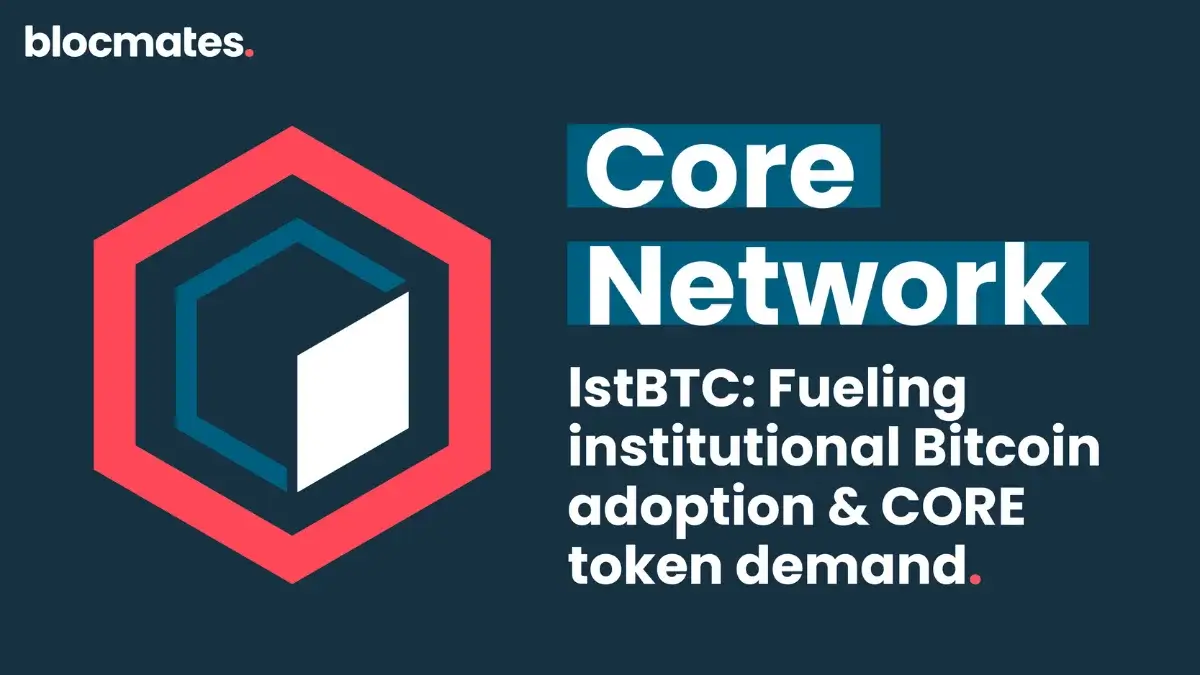
.webp)

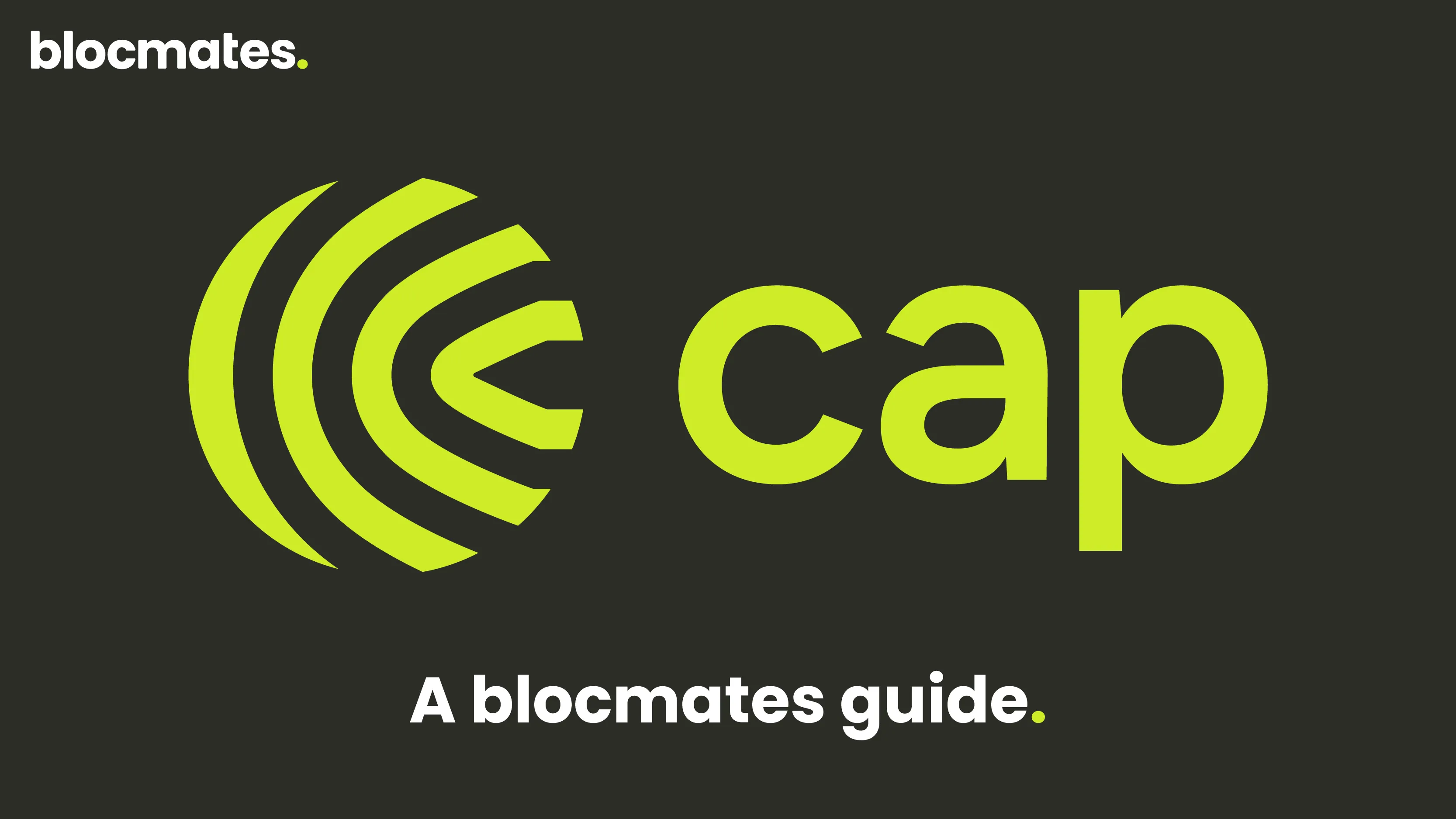










%20the%20Next%20Big%20Unlock%20in%20AI.webp)








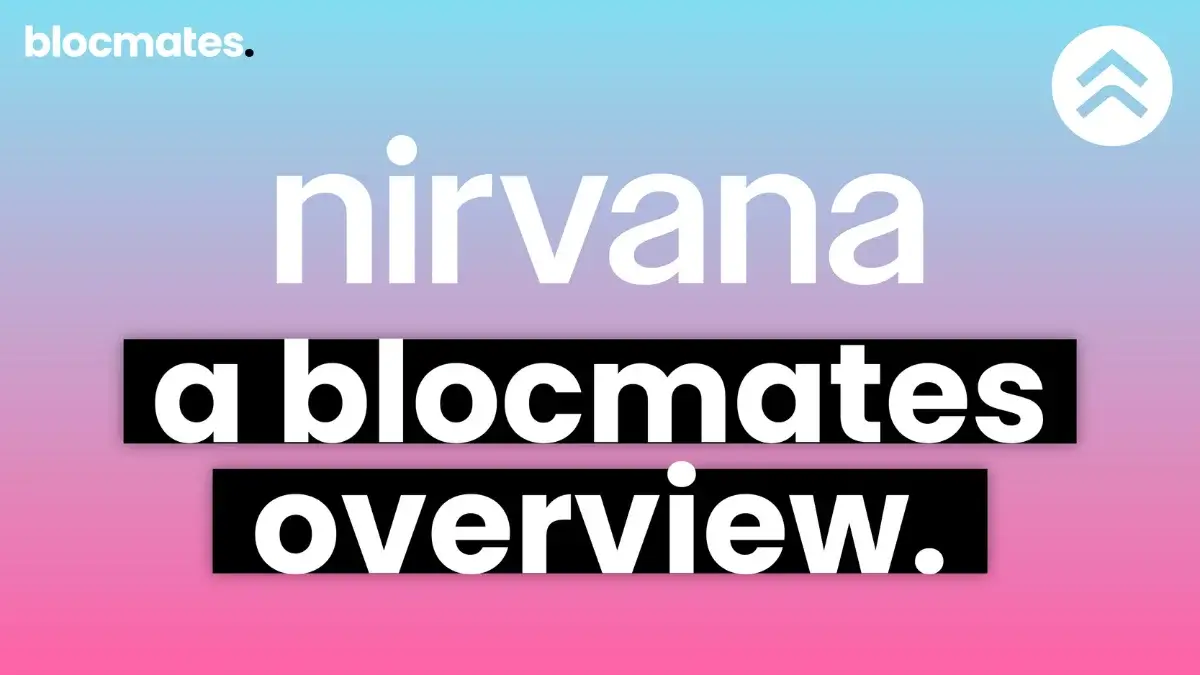





.webp)
.webp)


.webp)
.webp)










.webp)


.webp)









.webp)






.webp)




.webp)








.webp)
.webp)
.webp)

















.webp)

.webp)
.webp)

.webp)
















.webp)

.webp)


.webp)








.webp)





.webp)


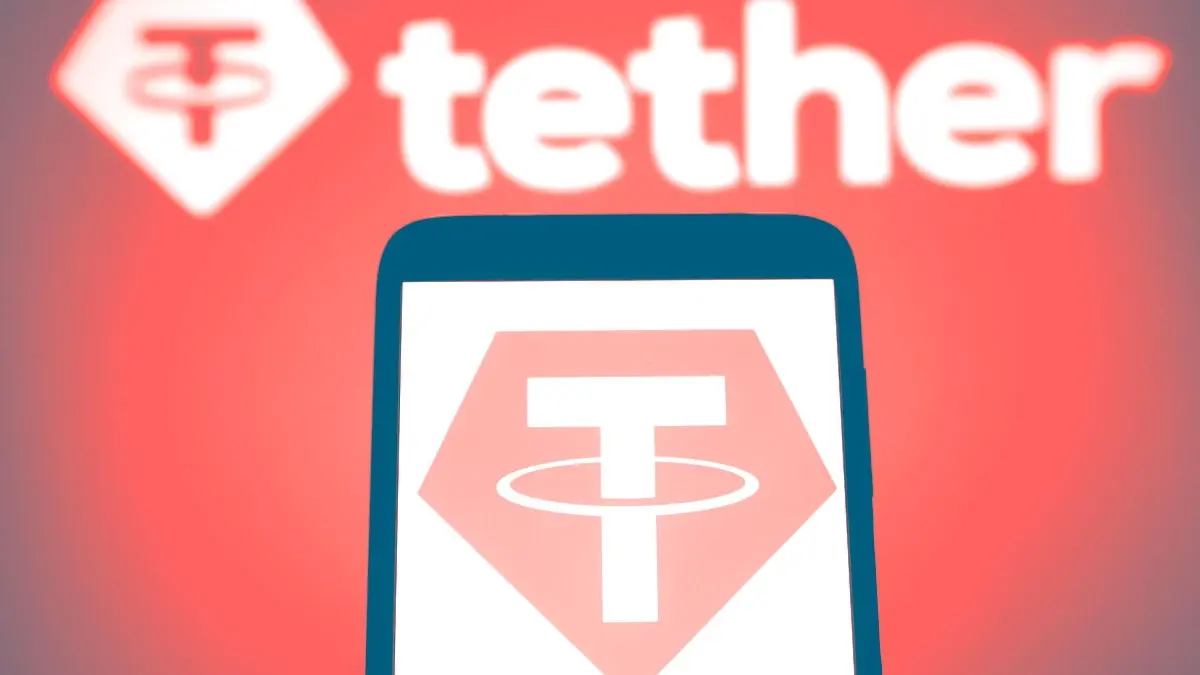

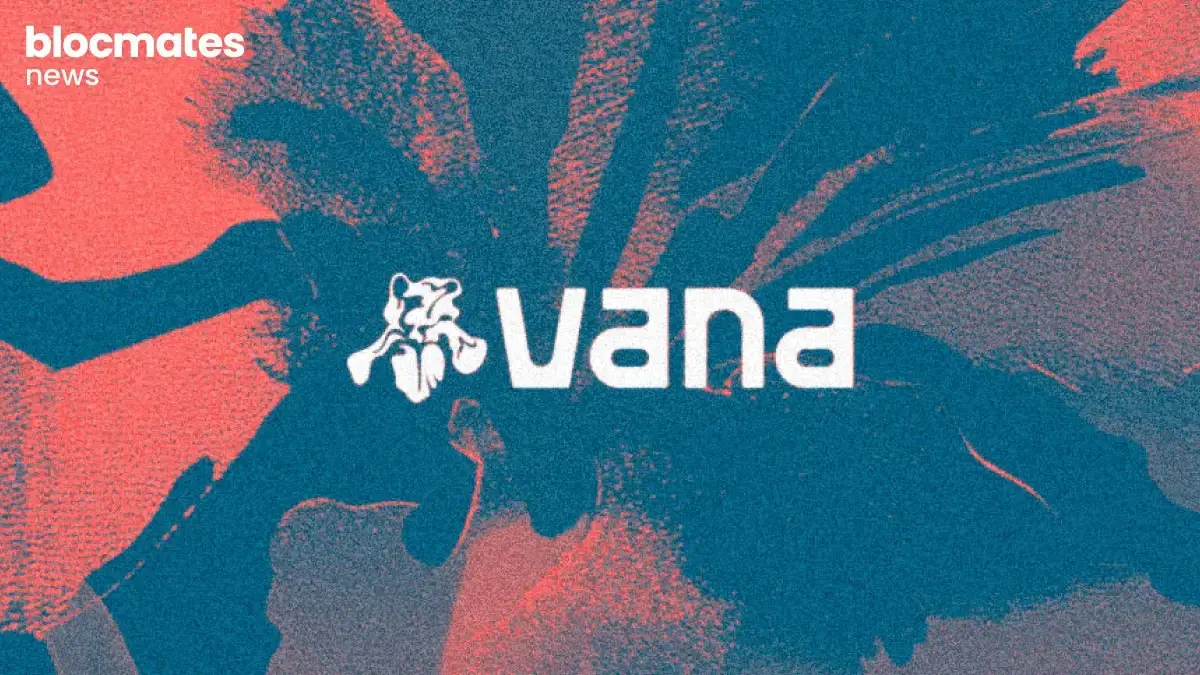
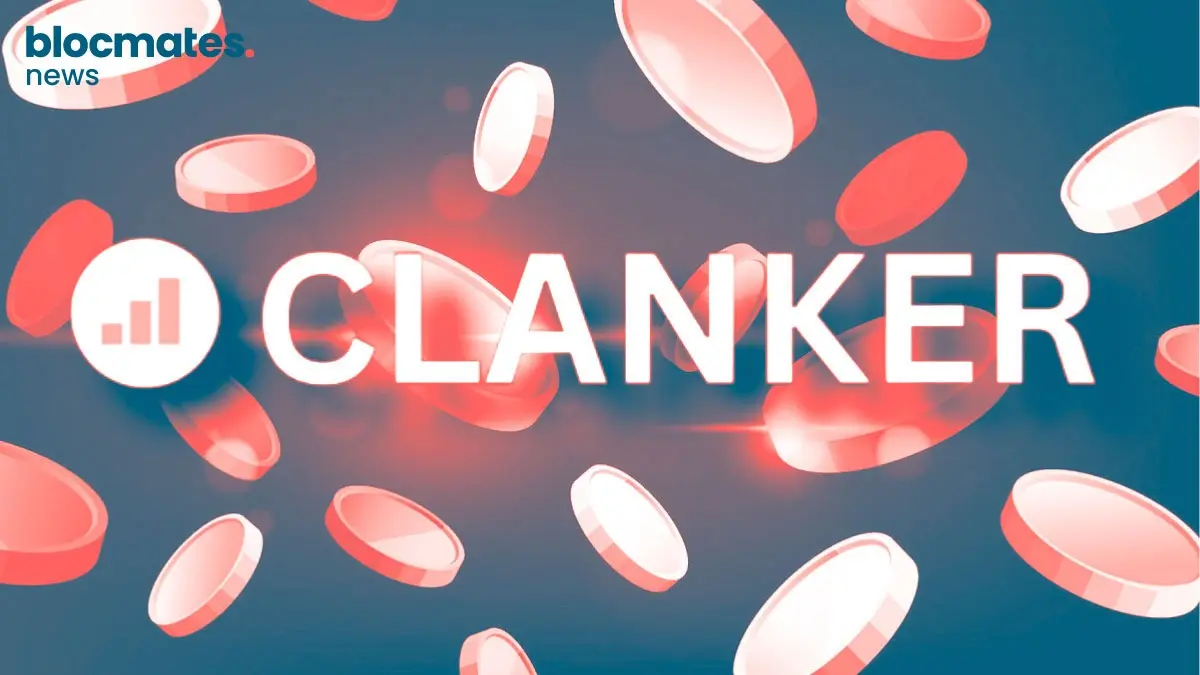


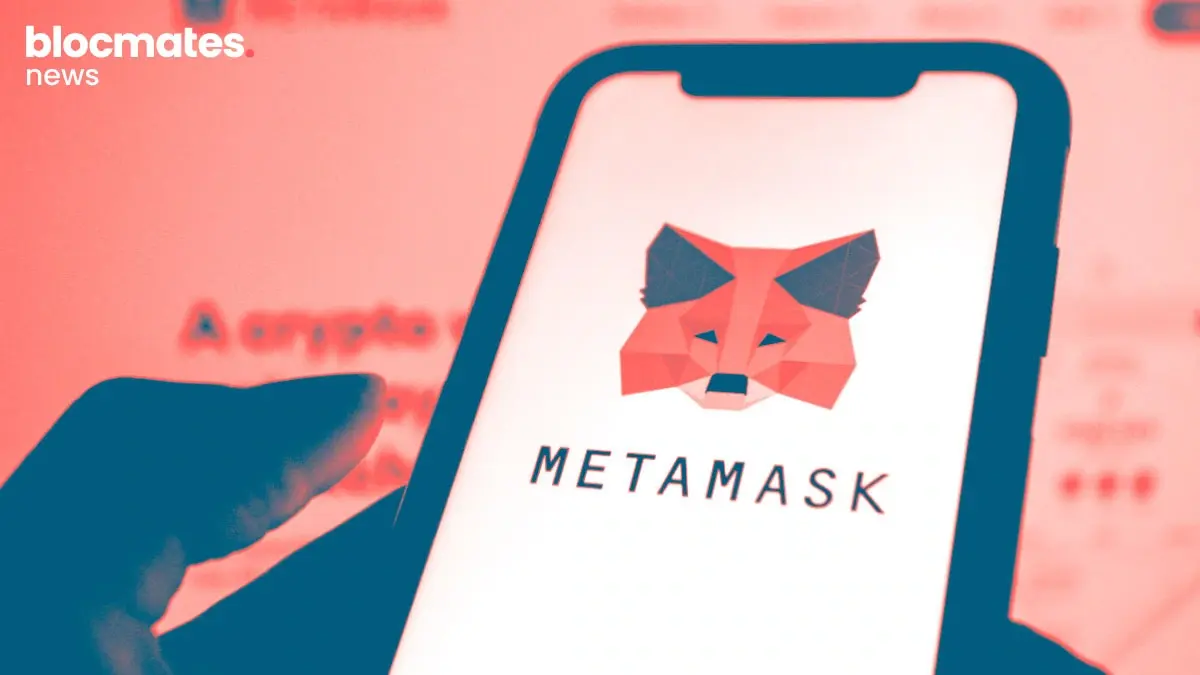
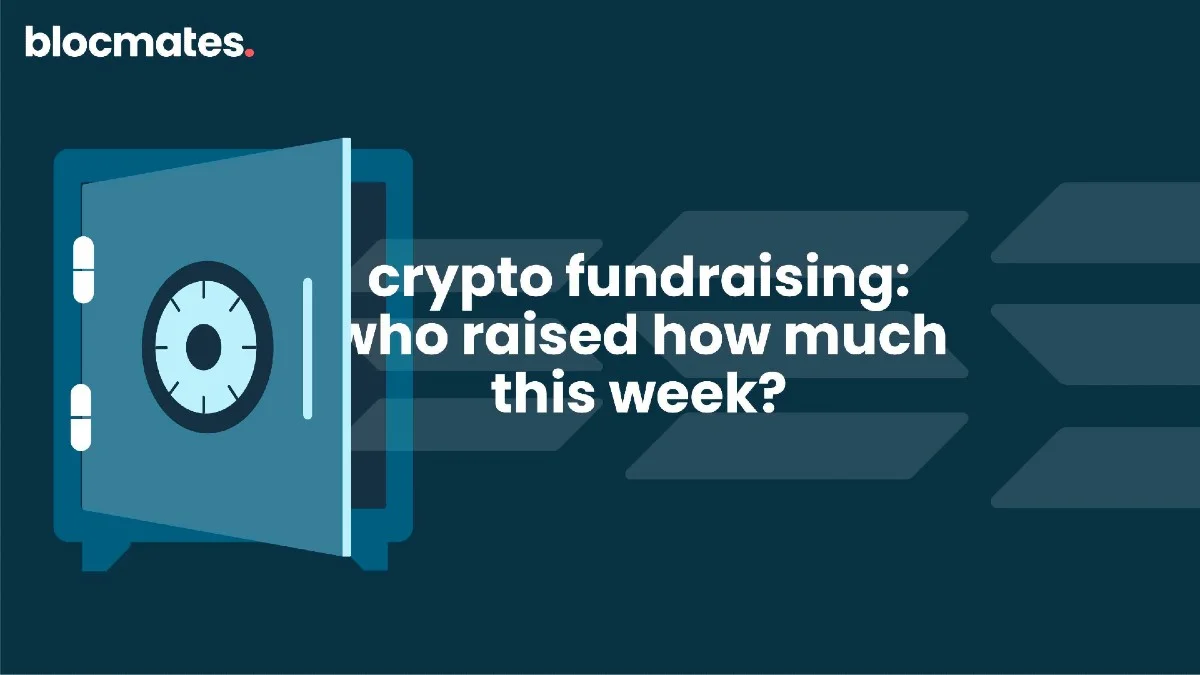


.webp)


